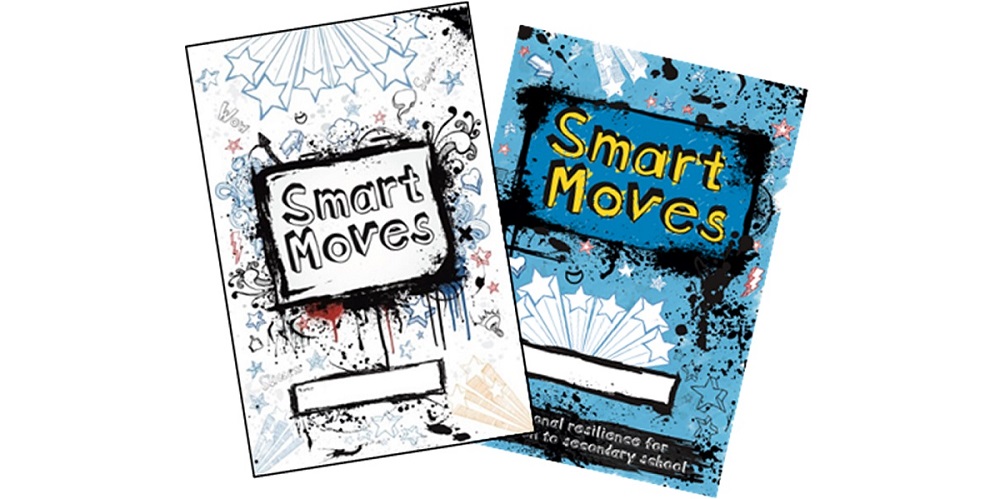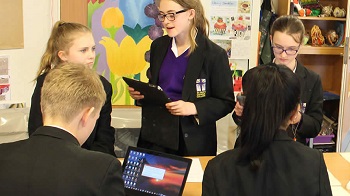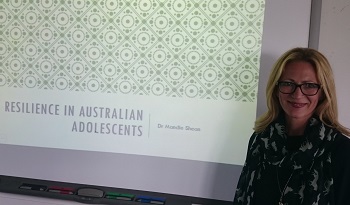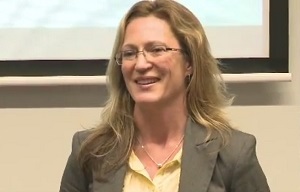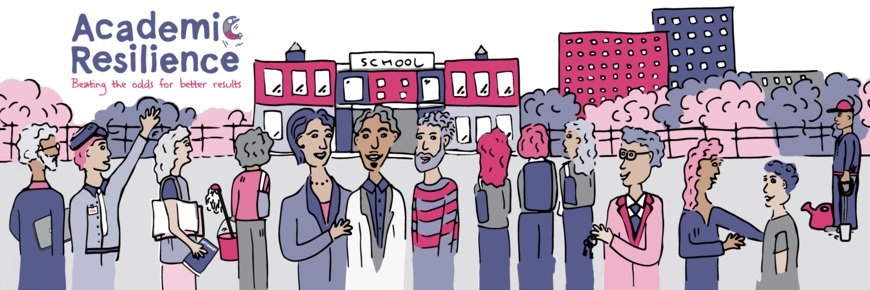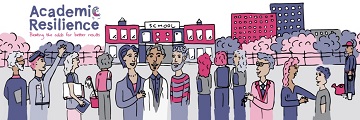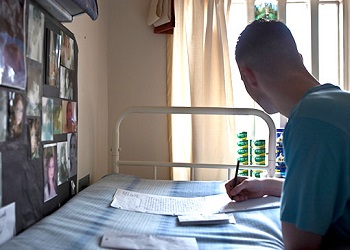Resilience Forum
Over recent months Nick and Ceri have been exploring a range of interventions that will promote resilience in children and young people across the London Borough of Haringey. This work has been developed from 3 different perspectives, all coming together to try and offer a more integrated model for implementation, as well as looking to ensure sustainability.
Gabrielle looked at strategies the school could use to support students from disadvantaged backgrounds or who are vulnerable, including providing a member of staff as a mentor to any child who did not appear to be thriving or who qualified for Pupil Premium funding. Although it is common for schools to offer mentoring, clear expectations and training are often not offered to staff.
The adversity context for adolescents in Mandie’s study included pressure from the media and from school to dress a certain way, be a certain weight, and achieve academically. Family breakdown and bullying were also part of the context. But she doesn’t want to just do what other research says and call all these risks. For her, these are explanations, not labels.
Steph, one of our PhD students, along with colleagues Graham (head teacher), and Jerry and Charlotte (support workers), are talking about the great work that has been going on at Eleanor Smith special school in Newham. They’ve been implementing a whole school approach to resilience, based on the Resilience Framework.
The whole school approach involved recognising the importance and positive impact of relationships and significant others in pupils’ lives – site supervisors, teachers, cooks, sports coaches and senior leaders alike. The participatory approach taken was used with staff and pupils to actively investigate what mechanisms support, or act as barriers to, developing resilience in a special needs school.
